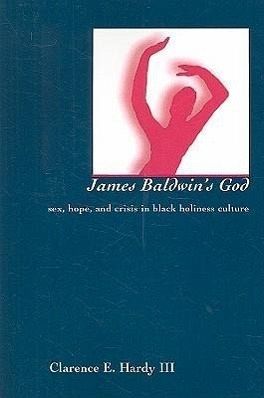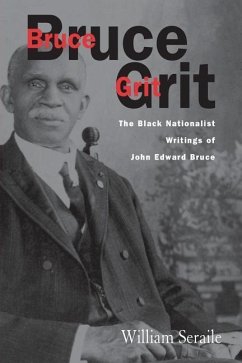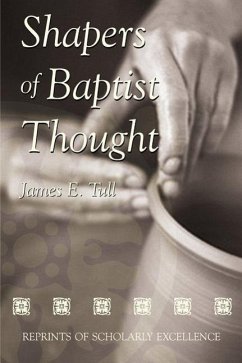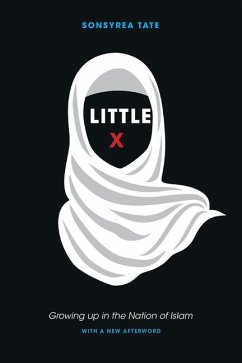
James Baldwin's God
Sex, Hope, and Crisis in Black Holiness Culture
Versandkostenfrei!
Versandfertig in über 4 Wochen
24,99 €
inkl. MwSt.

PAYBACK Punkte
12 °P sammeln!
James Baldwin's relationship with black Christianity, and especially his rejection of it, exposes the anatomy of a religious heritage that has not been wrestled with sufficiently in black theological and religious studies. In James Baldwin's God: Sex, Hope, and Crisis in Black Holiness Culture, Clarence hardy demonstrates that Baldwin is important not only for the ways he is connected to black religious culture, but also for the ways he chooses to disconnect himself from it. Despite Baldwin's view that black religious expression harbors a sensibility that is often vengeful and that its actual ...
James Baldwin's relationship with black Christianity, and especially his rejection of it, exposes the anatomy of a religious heritage that has not been wrestled with sufficiently in black theological and religious studies. In James Baldwin's God: Sex, Hope, and Crisis in Black Holiness Culture, Clarence hardy demonstrates that Baldwin is important not only for the ways he is connected to black religious culture, but also for the ways he chooses to disconnect himself from it. Despite Baldwin's view that black religious expression harbors a sensibility that is often vengeful and that its actual content is composed of illusory promises and empty theatrics, he remains captive to its energies, rhythms, languages, and themes. Baldwin is forced, on occasion, to acknowledge that the religious fervor he saw as an adolescent was not simply an expression of repressed sexual tension but also a sign of the irrepressible vigor and dignified humanity of black life. Hardy's reading of Baldwin's texts, with its goal of understanding Baldwin's attitude toward a religion that revolves around an uncaring God in the face of black suffering, provides provocative reading for scholars of religion, literature, and history. The Author: Clarence Hardy is an assistant professor of religion at Dartmouth College. His articles have appeared in the Journal of Religion and Christianity and Crisis.












